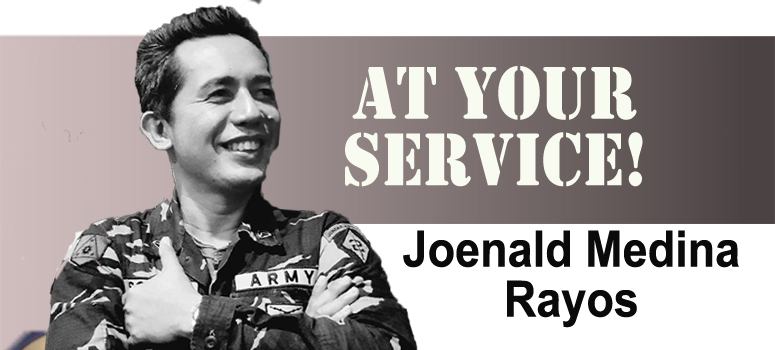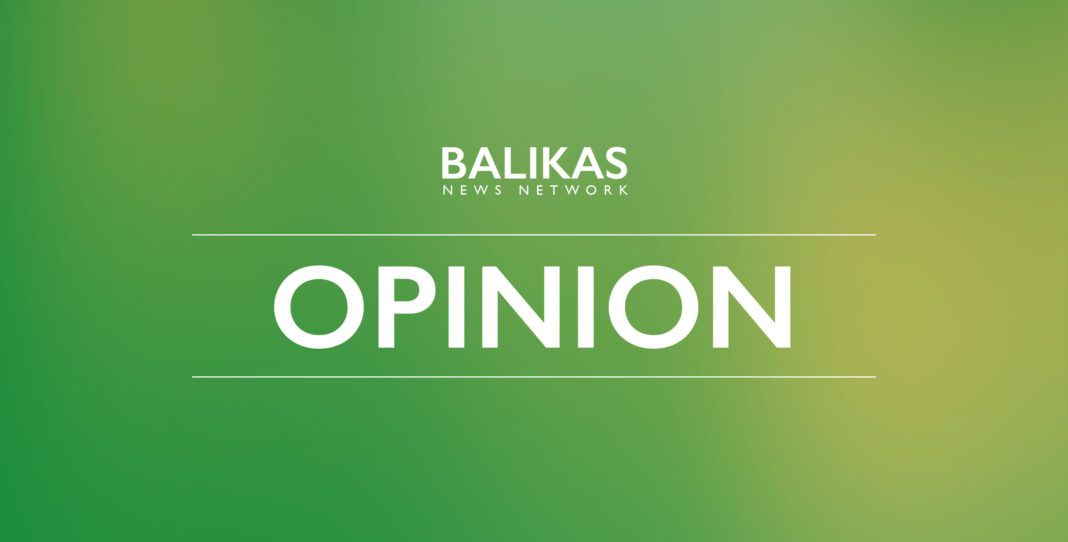LAST Friday, May 3, is the World’s Press Freedom Day. And expectedly, various media groups elsewhere are releasing different statements purportedly to push the advocacy for press freedom and freedom of expression.

Commonly, the statements are uniformly denouncing all acts that are considered threats to the practice of journalism as a profession — be it by the government instrumentalities or by private individuals…, and here are some of those statements… -o0o-
Members of the Philippine Press Institute, also known as the National Association of Newspapers run this pooled editorial:
On the occasion of World Press Freedom.Day today, May 3, 2019, the Philippine Press Institute joins colleagues and media organizations in all efforts to protect press freedom and safeguard welfare and safety of media workers in general. In keeping its mandate, the PPI enjoins the public to fight all forms of dis-information and speak against attacks, killings, violence and impunity, especially as the elections draw near.
The media being the fourth estate and watchdog, shall remain critical and steadfast in the performance of its duty to speak truth to power and demand (for the public’s sake) accountability from those who hold power.
Mabuhay ang malayang Pilipinong mamamahayag! Padayon!
The Catholic Church in the Philippines thru the Catholic Bishops Conference of the Philip-pines has the following editorial published a couple of months back:
Media and information literacy
WE need to have due concern for this matter. We are now in a fast-moving-and-evolving digital world and we cannot afford to be ignorant and illiterate in its ways. We have to level up.
As described by Wikipedia, the purpose of being information and media literate is to engage in a digital society. Thus, “one needs to be able to understand, inquire, create, communicate and think critically. It is important to effectively access, organize, analyze, evaluate and create messages in a variety of forms.” Wikipedia continues: “Information and media literacy enables people to interpret and make informed judgments as users of information and media, as well as to become skillful creators and producers of information and media messages in their own right.”
From the UNESCO, we have the following description: “Empowerment of people through Media and Information Literacy (MIL) is an important prerequisite for fostering equitable access to information and knowledge and promoting free, independent and pluralistic media and information systems.”
It continues: “A particular focus will be on training teachers to sensitize them to the importance of MIL in the education process, enable them to integrate MIL into their teaching and provide them with appropriate pedagogical methods, curricula and resources.”
Even Moscow has issued a declaration defining MIL as “a combination of knowledge, attitudes, skills, and practices required to access, analyze, use, produce, and communicate information and knowledge in creative, legal and ethical ways that respect human rights.” This is, of course, an overwhelming challenge. The technical aspects involved in this matter alone can already pose a formidable challenge. In this area, things are developing at warp-speed. But it is more in the moral and ethical aspects where the real challenge lies. And sadly, this latter concern is lagging behind miserably.
That in this matter everything has to start and end with God is hardly felt by people in general. It would even seem that God is regarded as a persona-non-grata here. But what is worse is when we start talking about the concrete guidelines and limits so that we can indulge in this task with prudence and temperance that would not compromise boldness and creativity!
Also, our friend communicators from the academe has released a statement in observance of the World Press Freedom Day. And the UP-CMC Statement goes like this:
The University of the Philippines College of Mass Communication marks World Press Freedom Day (May 3) alarmed by escalating assaults on Philippine media.
The attacks, especially those from government forces, seek to undermine its independence and ability to report on our government’s actions and hold public figures accountable.
The most recent use of multiple tactics —from the legal harassment of Rappler and ABS-CBN to the use of spurious data and fake news in the so-called oust-Duterte matrix against media institutions like VERA Files, the Philippine Center for Investigative Journalism (PCIJ) and Rappler—sets off alarm bells that are reminiscent of the pre-Martial Law era.
The continued impunity of those behind the 2009 Maguindanao Massacre is another case in point.
It has been 33 years since we won back our right to information and a free press through the 1986 EDSA Revolution. Recent history has shown us the volatility of this hard-won freedom, the need to remain vigilant so as to stop history from repeating itself.
World Press Freedom Day – serves as a reminder of the constant need to defend media and its freedoms. Established by the UN General Assembly in 1993, World Press Freedom Day highlights the importance of a free press and to defend the media from attacks on their independence and pay tribute to journalists who have lost their lives in the line of duty.
In commemoration of World Press Freedom Day, the UP-CMC calls on the public to: 1) Protect our fundamental right for information and a free press; 2) Support efforts to uphold the rule of law and fight ‘fake news’; 3) Continue to hold truth and justice in high value.
Democracy can only be upheld if there is a free press that serves as a faithful chronicler of contemporary events; a platform for diverse voices to be heard; and, most importantly, as the public’s watchdog of inept, abusive and corrupt governance.
But the practice of journalism in the Philippines is something different. It can be told that there is real press freedom and freedom of the press if and only if the actors are doing their job responsibly. Why, there are individuals who sees nothing good in the government, in the church, in any institutions and are blindfolded with their own principles and biases. Others are pre-tending to be above the law and untouchables.
Press Freedom is not absolute; freedom of the press and of expression is synonymous with ‘responsible journalism’. Responsible journalism is not simply writing what is the truth, simply because that responsibility must be anchored too in responsible media ownership and purity of intentions.|

















